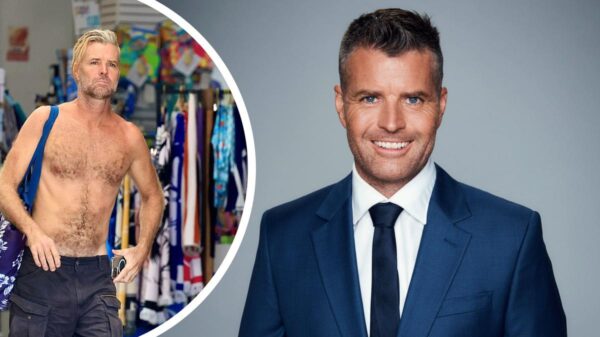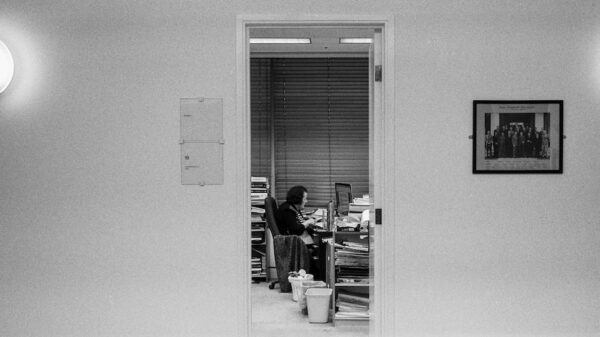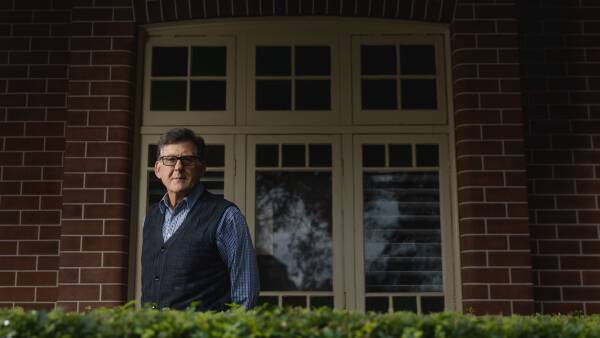Gareth Ward, a prominent political figure in Australia, has decided to drop his defamation case against a radio station, a move that has garnered significant attention in the media landscape. Ward initially filed the lawsuit over comments made during a broadcast, which he claimed damaged his reputation. The decision to withdraw the case raises questions about the implications for media freedom and public discourse.
The legal action began earlier this year when Ward alleged that the radio station broadcast false statements that harmed his character and professional standing. The controversy highlighted the ongoing tension between public figures and the media, particularly regarding the standards of reporting and the boundaries of free speech.
In a statement released on October 24, 2023, Ward expressed a desire to move forward and focus on his political duties. He mentioned that the legal proceedings had become a distraction and that he preferred to address issues that directly impact his constituents. His announcement received mixed reactions, with some applauding his decision while others criticized it as an avoidance of accountability.
The radio station involved has not issued a formal response to Ward’s withdrawal. However, media experts suggest that the outcome of this case could influence how similar situations are handled in the future. Legal analysts believe that the case was closely watched, as it could set precedents regarding the limits of defamation claims, especially in the context of political discourse.
Ward’s withdrawal also coincides with a broader conversation about the role of media in shaping public opinion. As social media platforms continue to proliferate, the lines between journalism and personal commentary have blurred, prompting discussions about the responsibilities of both journalists and public figures.
As the political landscape in Australia evolves, this incident serves as a reminder of the delicate balance between protecting one’s reputation and upholding the principles of free speech. Ward’s decision may reflect a strategic choice to prioritize his political career over legal battles, an approach that some may find pragmatic in today’s fast-paced media environment.
Moving forward, it remains to be seen how this development will affect Ward’s relationship with the media and his constituents. The case highlights the ongoing challenges faced by public figures in navigating the complexities of communication in an increasingly scrutinized digital age.


































































